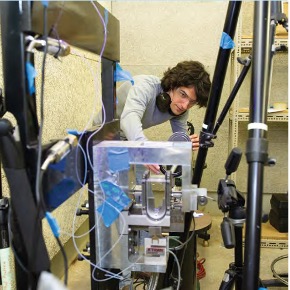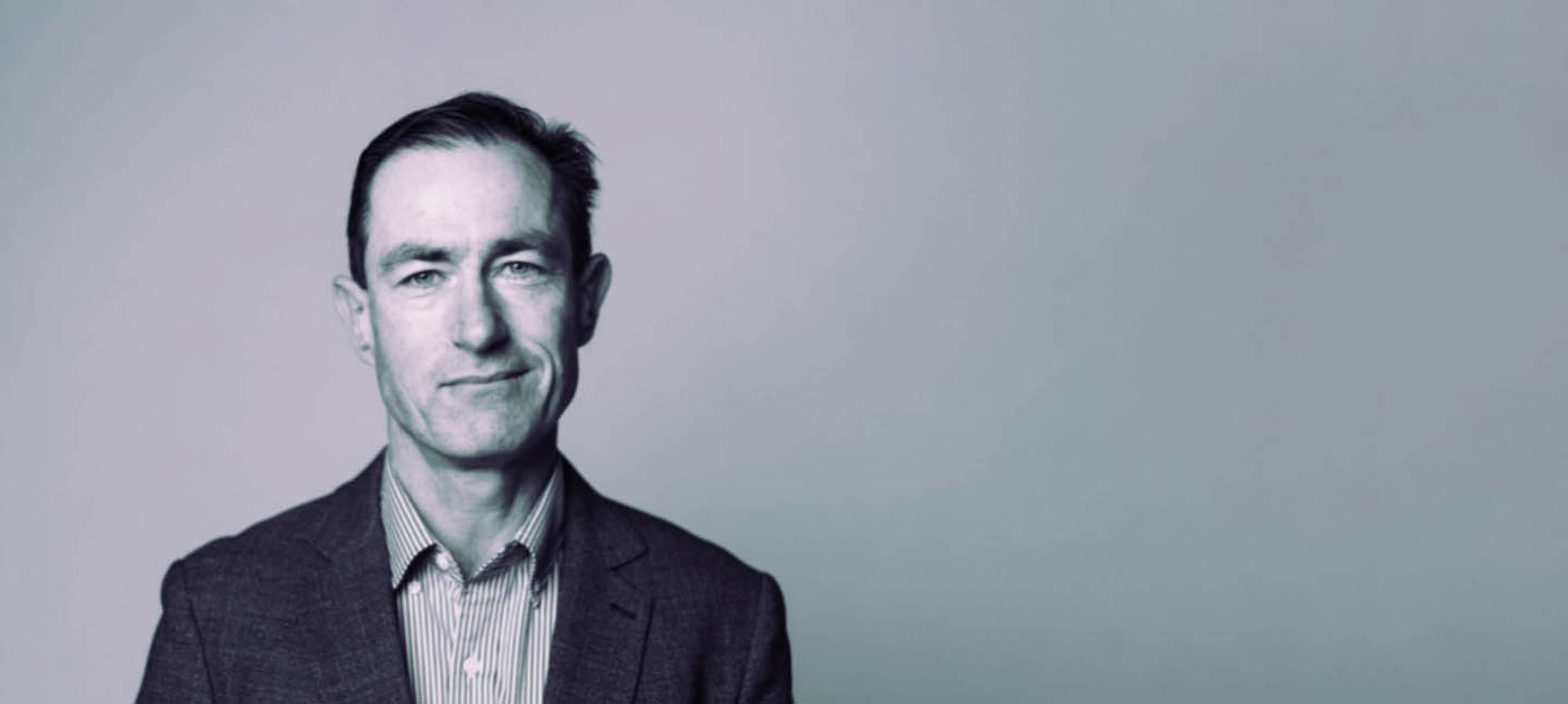Yanqing (Callie) Wang is a PhD student in Banking and Finance Research Group at King’s College London and the 11th inspiring woman to be profiled in our Visible Women campaign.
In this interview, we discover how Yanqing’s introverted personality has impacted her quest for leadership, especially in the male-dominated world of finance. We discover how she has no desire to follow a typical line to leadership and why she’s embracing the much more interesting, fulfilling ‘squiggly’ way forward.
Yanqing, tell us a bit more about yourself and your background:
I am a part-time PhD student in the Banking and Finance research group at King’s Business School, but also working full-time in the banking and finance industry with a decade of industry experience.
My research lies in financial technology (“FinTech”), behavioural finance, and risk management and I am passionate about applying research-based learning to solving real business problems.
I started my career in banking and finance with Barclays in September 2012, and in 2019, I joined Close Brothers, a FTSE250 UK merchant banking group, as Risk Manager for the Premium Finance business. After taking a short career break to spend some quality time with my family, I joined the Financial Conduct Authority, and also started my PhD.
Throughout my career, I have witnessed various large-scale disruptive financial technology transformations in the financial services sector, and have been fascinated by how these innovative tools are used in risk management practices.
What challenges have you overcome to get to where you are? How did you overcome these challenges?
Navigating the UK's academic and professional world as an introverted woman from an ethnic minority has definitely brought its challenges.
Firstly, adjusting to a new culture was made even more complex by my nature. When studying, my introversion made attending large classes overwhelming, so I gravitated towards individual sessions with professors and intimate study groups, providing a platform for in-depth discussions. These smaller gatherings offered deeper and more meaningful interactions.
How has being an introverted woman impacted your career in finance?
In the banking world, a predominantly male domain, my ethnicity and gender sometimes felt like twin burdens. However, instead of succumbing, I strategised. I ensured that when I spoke, it was impactful, and I surrounded myself with allies who valued my unique perspective. But with my quiet nature came misconceptions. Some misread my introversion as a lack of capability. In response, I let my accomplishments speak, drowning out any bias.
Furthermore, balancing academic pursuits with a career was driven by my deep-rooted curiosity. Even my decision to pursue a part-time PhD wasn't without its detractors, some of whom held biases against part-time scholars. Yet, I pressed on, dispelling these misconceptions.
Throughout my academic and professional career journey to date, some commented that my academic and career path seemed disjointed from the traditional sense of career promotions. It was disheartening to see peers praised for innovative thinking while I was told to stay in line to wait for my turn.
But I believe our individual paths, however unconventional and squiggly, are filled with valuable lessons and growth. Still, every step reinforced my belief in the richness of diverse experiences. Immense gratitude goes to my mentors, making my multifaceted journey both enlightening and rewarding.
What is your ultimate ambition, and how do you plan to get there?
The banking sector's emphasis on networking posed its challenges. But, similar to when I was studying, rather than large, overwhelming gatherings, I chose personal interactions, which often resulted in more profound relationships. Transitioning from law (my undergraduate was in law) to banking stirred doubts, especially in reflective, introverted moments. Yet, connecting with mentors who had undertaken similar paths was invaluable in solidifying my self-belief.
My ultimate ambition isn't anchored in traditional markers, such as C-suite titles. Instead, I aspire to become a nexus of knowledge and innovation within my field. I am deeply captivated by the synergy between academia and industry. Rather than solely climbing the corporate ladder, my goal is to bridge the gap between academic discoveries and their real-world applications, translating scholarly insights into tangible solutions.
The role I envision for myself might not align with conventional titles, as I'm drawn to a unique crossroads that may merge various roles. My ambition goes beyond traditional definitions of leadership. To me, genuine leadership encompasses influencing change, propelling innovation, and crafting a meaningful legacy. The title I carry is secondary to the lasting impact I aim to make.
What is the one thing you would like to see changed in your area/sector that will move us towards gender equity in the workplace?
In both the corporate and academic world, there's a pressing need for a truly holistic approach to diversity and inclusion, one that delves deeper than just gender, and encapsulates the intricate intersections of identity, such as race, age, disability, ethnicity and socio-economic background.
Within the business realm, this begins with a commitment to bias-free recruitment and is bolstered by sustained, in-depth training on intersectionality. Furthermore, mentorship and sponsorship initiatives tailored for diverse voices are essential, especially in uplifting underrepresented perspectives in decision-making.
Academically, broadening both student demographics and the scope of research is crucial, ensuring a departure from singular narratives to more inclusive discourses. In essence, achieving equity in both realms requires recognising and valuing diverse identities, ensuring everyone can realise their full potential.
What one piece of advice would you give women who want to embark on their own leadership journey?
My advice would be to forge your own path. While learning from others' experiences is valuable, true fulfilment and success lie in embracing your unique journey. Trust in your abilities and choose to lead rather than follow. Remember, every innovator started as someone who bravely ventured off the beaten path.
Let your dreams, passions, and principles be your compass. In doing so, you won't merely be following footsteps; you'll be creating your own legacy, inspiring others to discover their unique paths. Celebrate your individuality, and let it guide and illuminate your journey ahead.
Connect with Yanqing (Callie) Wang via her King’s College London Profile


